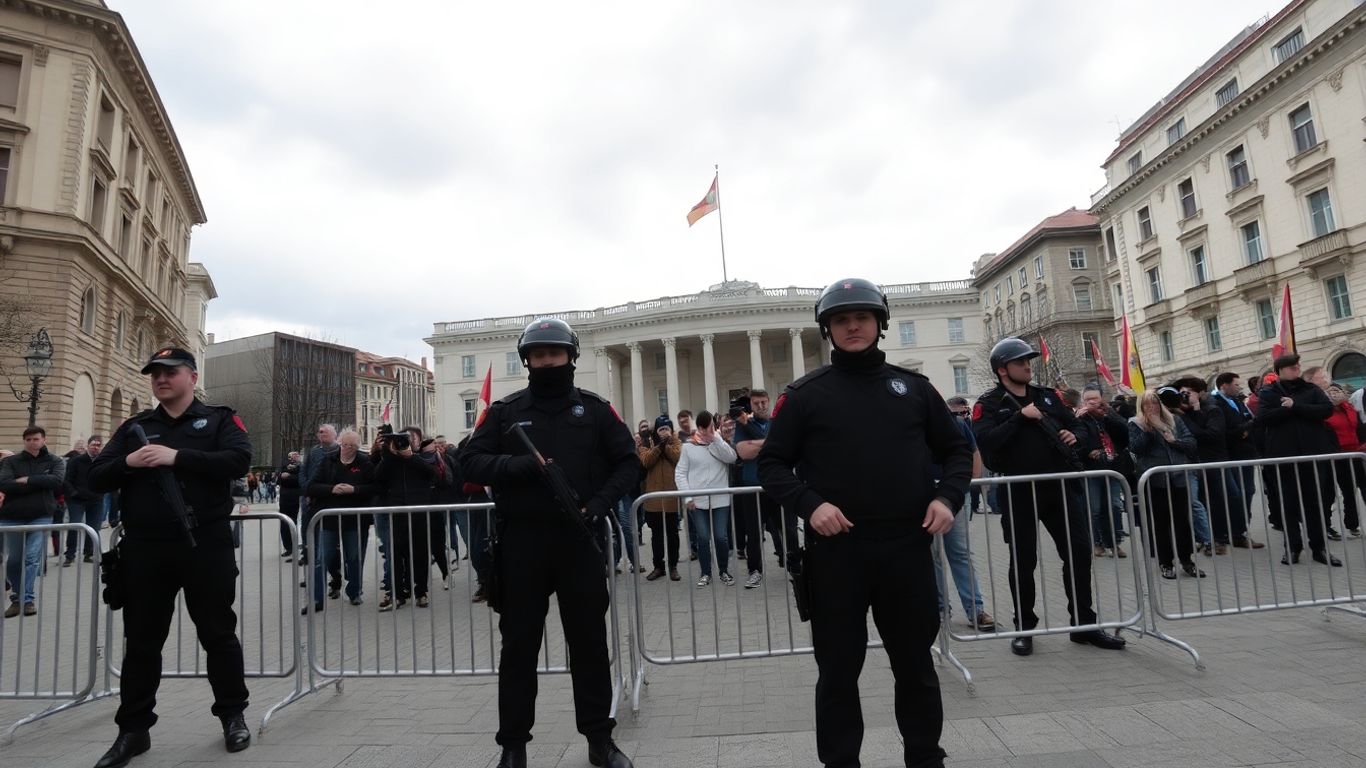Montenegro is reeling from a series of mass shootings, most recently a deadly rampage in Cetinje that left 12 people dead and has reignited fierce debate over gun control in the small Balkan nation. Public anger has led the government to propose sweeping new gun regulations and a renewed push to address longstanding issues in law enforcement and public safety.
Key Takeaways
- Recent mass shootings in Cetinje have prompted national mourning and widespread protests.
- The government is proposing tougher laws on gun licensing, ownership age, and psychological checks.
- Police response and preparedness have come under heavy criticism from citizens and civil society.
- Montenegro remains among the European countries with the highest rates of gun ownership.
Mass Shootings Spark Nationwide Anger
The latest massacre occurred on New Year’s Day in the city of Cetinje, when a 45-year-old man killed 12 people—including two children—after a bar fight escalated into a violent spree across multiple locations. The individual, previously known to authorities for illegal weapons possession, died from self-inflicted wounds following a police manhunt.
This tragedy closely followed a similar mass killing in 2022 in the same city, with both incidents revealing significant shortcomings in police capacity. At the time of the latest shooting, only about a dozen officers were on duty in the city of 15,000, highlighting chronic understaffing in law enforcement.
Government Responds to Calls for Reform
Facing growing protests and demands for accountability, Montenegro’s government has drafted new weapons legislation. The most notable changes under consideration include:
- Raising the minimum age for gun ownership from 18 to 25.
- Reducing license validity from ten to five years.
- Mandating psychological and security checks at each renewal.
- Expanding the list of criminal offenses that disqualify applicants.
- Launching a national campaign to collect illegal weapons, offering amnesty and rewards for tips.
Additional resources are being directed to local police, with hundreds of new officers expected to be recruited in the coming months.
Police and Political Accountability in the Spotlight
The string of violent events has triggered mass public demonstrations, with many calling for resignations among police and government officials. Critics accuse the authorities of poor preparedness and slow response, as the January attack lasted over 30 minutes before the police intervened effectively. Some lawmakers have resigned from parliament in protest over what they call a "catastrophic security situation."
Civil society organizations have demanded investigations into the handling of both the 2022 and 2025 shootings, raising questions about gun storage, mental health surveillance, and the extent of organized crime influence in Cetinje.
Montenegro’s Gun Culture and the Road Ahead
Montenegro has one of Europe’s highest rates of gun ownership, with tens of thousands of illegal firearms in circulation—a legacy of regional conflicts and local culture. Despite historically strict laws, enforcement has lagged, and public trust in authorities remains fragile.
Proposals for tighter gun controls are now before parliament, reflecting a decisive moment for Montenegro as it seeks to prevent future tragedies. The coming months will test whether new legislation and police reforms can address the root causes of gun violence and restore confidence in public safety.
Sources
- Montenegro Cracks Down On Guns After New Year’s Massacre, Radio Free Europe/Radio Liberty.
- Four Months After Second Mass Shooting in Montenegro, Public Demands Answers, Balkan Insight.
- Montenegro Hesitates Over New Firearms Law Despite Anger Over Shootings, Balkan Insight.
- Suspect dies from self-inflicted injuries after killing at least 12 people |
CNN, CNN.






